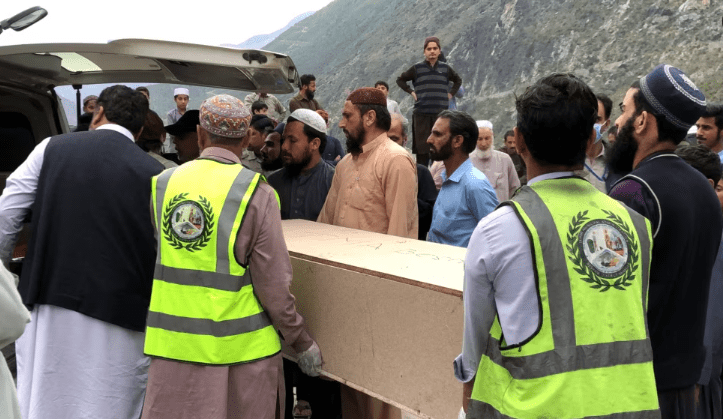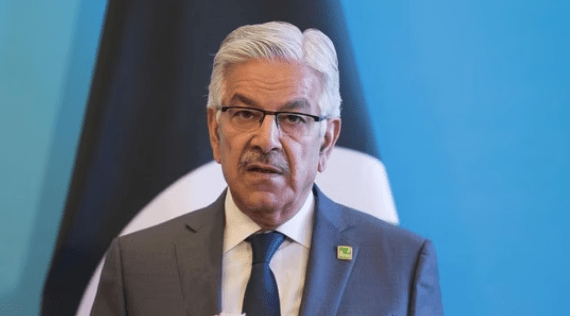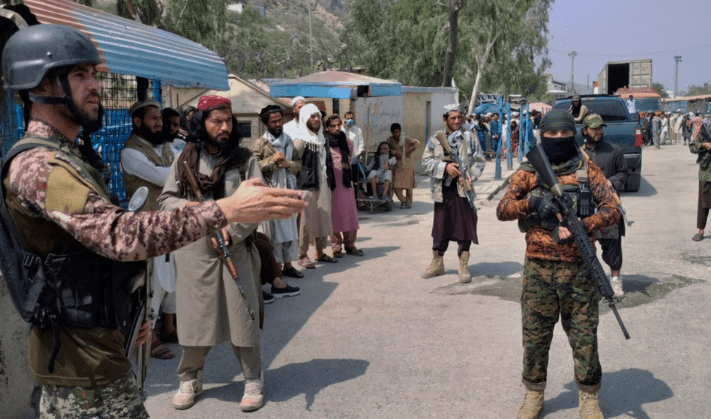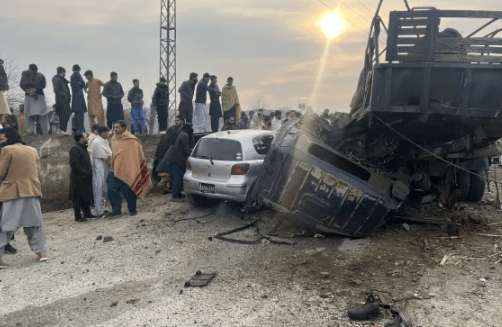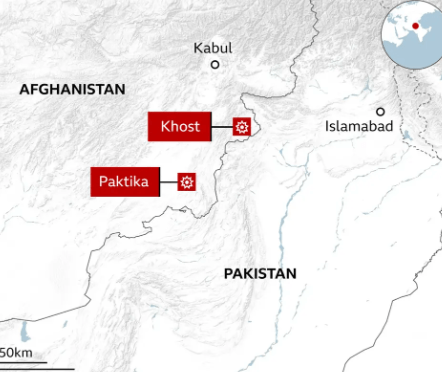Taliban facing difficulty in proving the world that it has changed
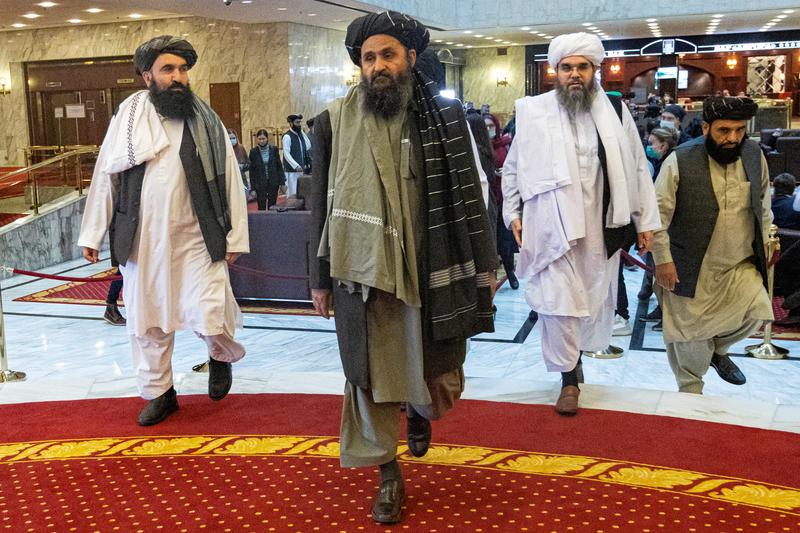
Taliban has still not got international recognition from the world and it is desperate to get one but it is stuck with the old associations with terrorist groups.
Moreover, another terrorist group, the ISIS and its Afghan affiliate, ISIS-Khorasan, is snapping at the Taliban’s heels and the latter are saddled with the negative public relations debris.
Nearly 10 weeks after coming to power, the Taliban find themselves in a fix; they cannot sever their ties with al-Qaeda, they are involved in an internecine war with ISIS-K, and both these factors are hampering progress on three key fronts.
One, the Taliban need international recognition of their interim government. Once that happens, they can approach the United Nations and allied organisations for help in terms of food, medical supplies, and importantly, development loans. Armed with the recognition they can ask for the de-freeze of cash reserves in their central bank. As of now, they do not have an official, legal source of income other than the illegal taxes they collect from the people or the income from the drug trade. They formally deny having access to bad money.
Two, recognition will enable most of the ministers in the government to travel around the world seeking cooperation. As of date they are subject to the UN’s Taliban Sanction Committee. Under the UN Security Council resolution number 1267 adopted a month after 9/11, the Taliban leadership was subject to various sanctions, assets freeze and arms embargo.
In 2019, however, when the Taliban began to negotiate with the US over the latter’s troops withdrawal issue and a peaceful end to the war in Afghanistan, Abdul Ghani Baradar, head of the Taliban’s political office in Doha, Qatar, and 14 members of the Taliban negotiating team were granted a travel exemption by the UN. They include Sher Mohammed Abbas Stanekzai, Shahabuddin Delawar, Mullah Abdul Manan Omari, the brother of Taliban founder Mullah Omar, and Anas Haqqani, the brother of Haqqani Network leader Sirajuddin Haqqani. The exemption allowed some of them to visit Russia, China and Central Asian countries before August.
Three, some of them are senior ministers. They cannot, however, travel abroad because of the designated terrorist tag. The Taliban is eager to get it removed as early as possible. The reason they cannot move freely with the tag intact is the fear of fatal drone attacks against them.
Moreover, the Taliban Sanctions Committee is to take a final decision on whether to lift the sanctions or continue them. That is not a simple matter given the myriad security concerns involving the Taliban.
Lastly, the recognition and the removal of the terrorist tag will enable the Taliban to approach the UN and other countries for military cooperation in terms of arms and technical guidance to deal with the ISIS-K in Afghanistan. This group has claimed responsibility for repeated attacks in the country which have killed hundreds of people in the last two months. They have risen as a serious competitor to al-Qaeda with whom the Taliban have an informal allegiance.
Officially, the Taliban continue to insist that fighters of neither al-Qaeda nor ISIS-K are present in Afghanistan. They do not even acknowledge that any terrorist group is behind the various attacks in recent times.
The media reported that the “Taliban spokesperson, Zabihullah Mujahid, rejected accusations that al-Qaeda maintained a presence in Afghanistan and repeated pledges that there would be no attacks on third countries from Afghanistan from militant movements.’We do not see anyone in Afghanistan who has anything to do with al-Qaeda’.”
Mujahid is also quoted as saying about the other group: “The ISIS that exists in Iraq and Syria does not exist here. Still, some people who may be our own Afghans have adopted the ISIS mentality, which is a phenomenon that the people do not support.”
Notwithstanding the Taliban propaganda, the terror situation is quite grave in Afghanistan. The ISIS-K embraces a more violent version of Islam than the Taliban and are quite organised in their areas of influence. They are well-equipped with arms and are adept at planning strategic and coordinated attacks. If the current bombing spree continues and the Taliban continues to fail to contain them, there is a fear of other anti-Taliban forces gravitating towards ISIS-K, threatening the Taliban further. What is worse, unlike the Taliban, ISIS-K commanders are better able to handle and use the tons of American military equipment and weapons left by the Americans.
The situation can get murky in such a circumstance. Defense experts who know the region claim that if the Taliban is isolated by the world community and is unable to withstand the ISIS-K attacks, it may at some point turn to al-Qaeda for assistance, expecting the terrorist group to garner support of like-minded groups and rally behind the Taliban. The consequences are unimaginable of this worst-case scenario.

